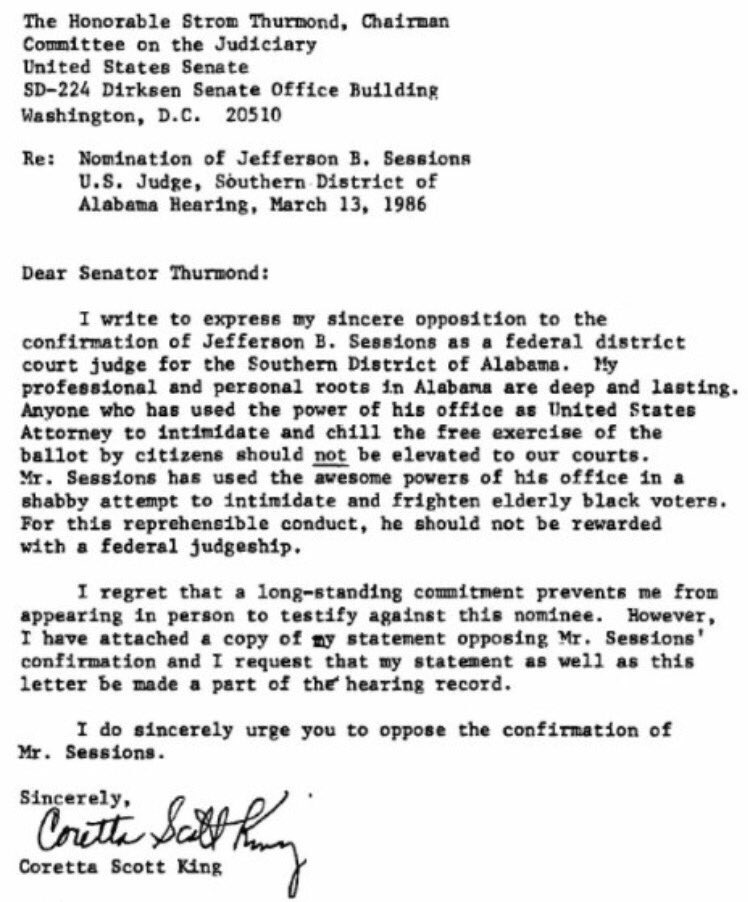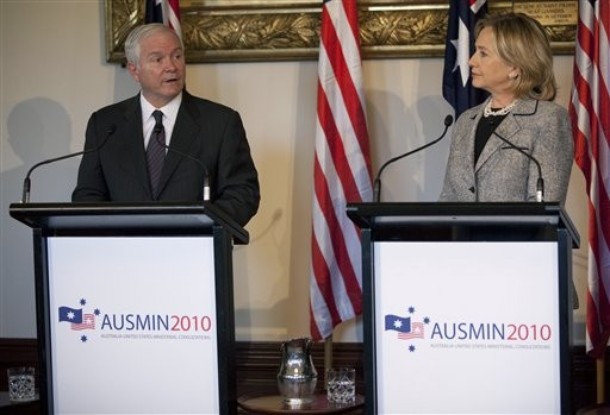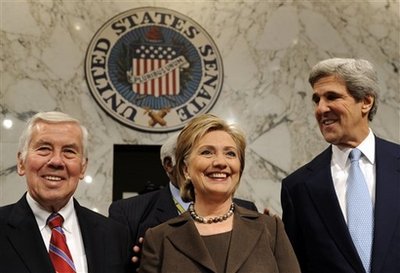SECRETARY CLINTON: Thank you very much, Chairman Levin, Senator McCain, members of the committee. It’s a great pleasure for me to return to testify before a committee that I was very honored to serve on. And we are here, today, Secretary Gates, Secretary Chu, and Admiral Mullen, and myself, because we share a strong belief that the new START treaty will make our country more secure and we urge the Senate to ratify it expeditiously.
Now, I know that some argue we don’t need a new START treaty. But let’s be clear about the choice before us. It is between this treaty and no obligation for Russia to keep its strategic nuclear forces below an agreed level, and between this treaty and no on-the-ground verification of Russia’s strategic forces. As Secretary Gates, and then as you, Chairman Levin have pointed out, every previous president of both parties who faced this choice has concluded that the United States is better off with a treaty than without one. And the United States Senate has always agreed.
More than two years ago, President Bush began this process that led to this treaty that we are discussing today. And the new START treaty has already received broad bipartisan endorsement. As James Schlesinger, the Secretary of Defense for Presidents Nixon and Ford, and the Secretary of Energy for President Carter, declared recently in his Congressional testimony, “It is obligatory for the United States to ratify.”
Now, why do so many people who have studied this issue over so many years coming from opposite ends of the political spectrum agree so strongly? Well, today, I’d like to discuss briefly what the new START treaty is and also what it is not. This is a treaty that, if ratified, will provide stability, transparency, and predictability for the two countries with more than 90 percent of the world’s nuclear weapons. It is a treaty that will reduce the permissible number of Russian and U.S. deployed strategic warheads to 1,550, a level not seen since the 1950s.
In addition, each country will be limited to 700 deployed strategic delivery vehicles and 800 deployed and non-deployed strategic missile launchers and heavy bombers. These limits will help the United States and Russia bring our deployed strategic arsenals, which were sized for the Cold War, to levels that are more appropriate for today’s threats.
This is a treaty that will help us track remaining weapons with an extensive verification regime. Now, this regime draws upon our experience over the last 15 years in implementing the original START treaty. The verification provisions reflect today’s realities, including the much smaller number of facilities in Russia compared with the former Soviet Union. And for the first time, we will be monitoring the actual numbers of warheads on deployed strategic missiles.
So by bringing the new START treaty into force, we will strengthen our national security more broadly, including by creating greater leverage to tackle a core national security challenge – nuclear proliferation.
This will also demonstrate our leadership and strengthen our hand as we work with others to hold irresponsible governments accountable, whether in further isolating Iran and enforcing the rules against violators or in persuading other countries to implement better controls on their own nuclear materials.
And it makes clear that we are committed to real reductions and to upholding our end of the bargain under the Nonproliferation Treaty, which has already brought about important benefits in my discussions with foreign leaders about strengthening the nonproliferation regime and a range of other topics.
But I want to be also very clear that there are numerous things this treaty will not do. As Secretary Gates and Admiral Mullen will discuss more fully, the new START treaty does not compromise the nuclear force levels we need to protect ourselves and our allies. It does not infringe upon the flexibility we need to maintain our forces, including bombers, submarines, and missiles in the way that best serves our own national security interests. This treaty does not constrain our missile defense efforts. And I want to underscore this because I know there have been a lot of concerns about it and I anticipate a lot of questions. But this is something this committee recently reiterated in the FY11 national defense authorization bill. Section 231 reads and I quote, “It is the sense of Congress that there are no constraints contained in the new START treaty on the development or deployment by the United States of effective missile defenses, including all phases of the phased adaptive approach to missile defense in Europe and further enhancements to the ground-based mid-course defense, as well as future missile defenses.”
Now, I worked with some of you on this committee when I had the honor of serving in the Senate on behalf of a very strong missile defense system, so I want to make this point very clearly. Now, Russia has, as the Chairman said, issued a unilateral statement expressing its view. But that is not an agreed-upon view. That is not in the treaty. It’s the equivalent of a press release. And we are not in any way bound by it. In fact, we’ve issued our own statement, which is now part of the record, making clear that the United States intends and, in fact, is continuing to improve and deploy effective missile defense systems. The treaty’s preamble does include language acknowledging the relationship between strategic offensive and defensive forces, but that’s simply a statement of fact. It, too, does not in any way constrain our missile defense programs.
Now, the treaty also includes language – and I think this is Senator McCain’s reference to Article 5 – prohibiting the conversion or use of offensive missile launchers for missile defense interceptors, and vice versa. But in fact, we had no intention of doing that anyway. And as General O’Reilly, our missile defense director, has made clear in testimony, we reached the conclusion it is actually cheaper to build smaller, tailor-made missile defense silos than to convert offensive launchers. I mean, we could have had a long list – we’re not going to launch from any moving vehicle like a car or a truck or a cow. I mean, we could have said a lot of things that we’re not going to do. But the fact is we weren’t going to do them and we weren’t going to do this either. And the treaty does not restrict us in any way from building new missile defense launchers, 14 of which are currently being constructed in Alaska. So I think the very facts on the ground undermine and refute any argument to the contrary.
Now, the Obama Administration has requested $9.9 billion for missile defense in FY11. That is almost $700 million more than Congress provided in FY10.
And finally, the new START treaty does not restrict our ability to modernize our nuclear weapons complex to maintain a safe, secure, and effective deterrent. As Secretary Chu will discuss, this Administration has called for a 10 percent increase in FY11 for overall weapons and infrastructure activities in a time of very serious budget constraints. And we’ve called for a 25 percent increase in direct stockpile work. During the next 10 years, this Administration proposes investing $80 billion in our nuclear weapons complex.
So let me just conclude by taking a step back and putting the new START treaty into a larger context. This treaty is one part of a broader effort to reduce the threat posed by the deadliest weapons the world has ever known, especially the potential intersection of violent extremism and nuclear proliferation. We have several coordinated efforts that have been briefed to this committee, including the Nuclear Posture Review, the recently concluded Nuclear Security Summit, and the Nonproliferation Treaty Review Conference, as well as extensive bilateral engagements.
So while a ratified new START treaty stands on its own terms, and when you look at the very real benefits it provides to our national security, it is part of a broader strategy. So Mr. Chairman, Senator McCain, members of the committee, we stand ready to work with you as you undertake your constitutional responsibilities with respect to this treaty, and we are ready to answer any and all questions. And we hope that at the end of your deliberations, you will come to the same conclusion that we and many others have reached, including many others who have sat in these chairs and voted in the Senate chamber, that this treaty makes our country more secure and merits the Senate’s consent to ratification.
Thank you.
# # #
































